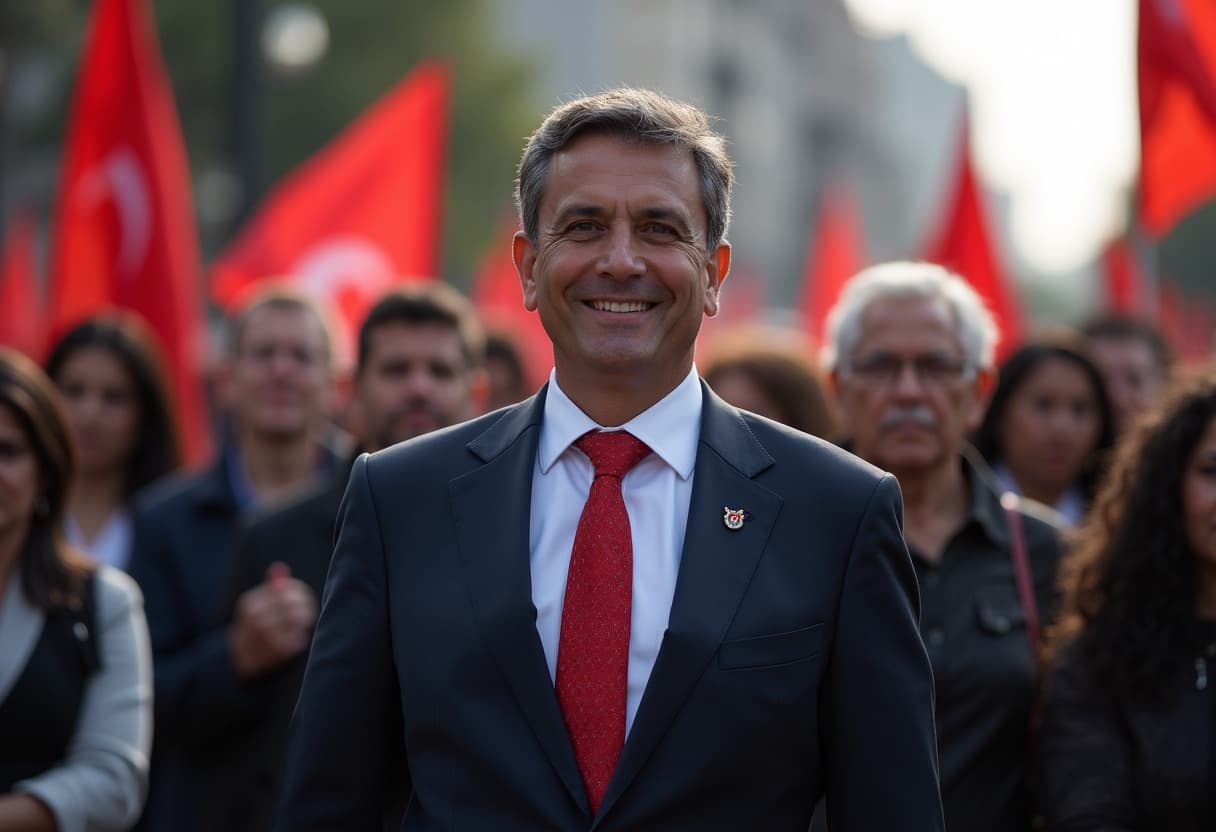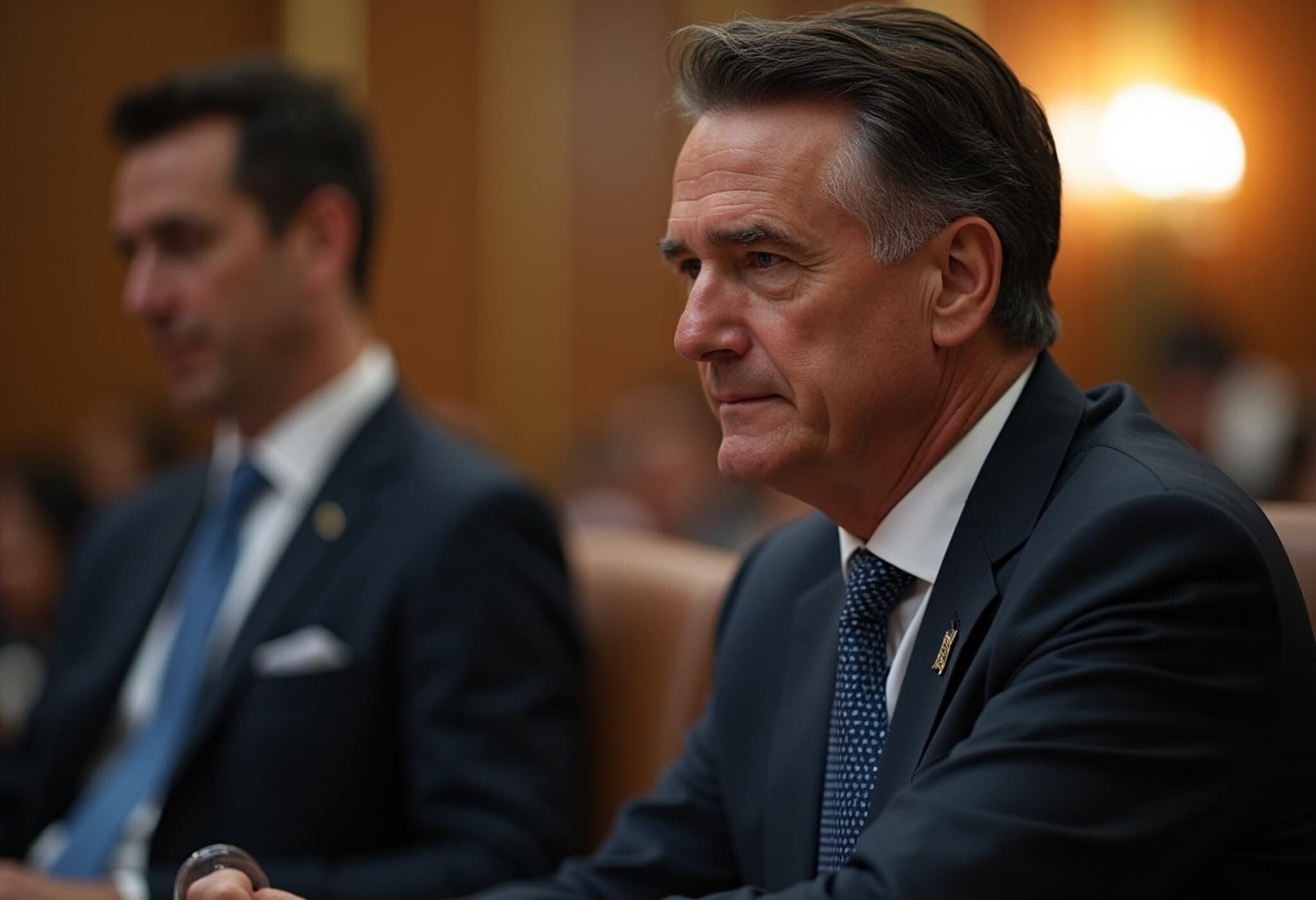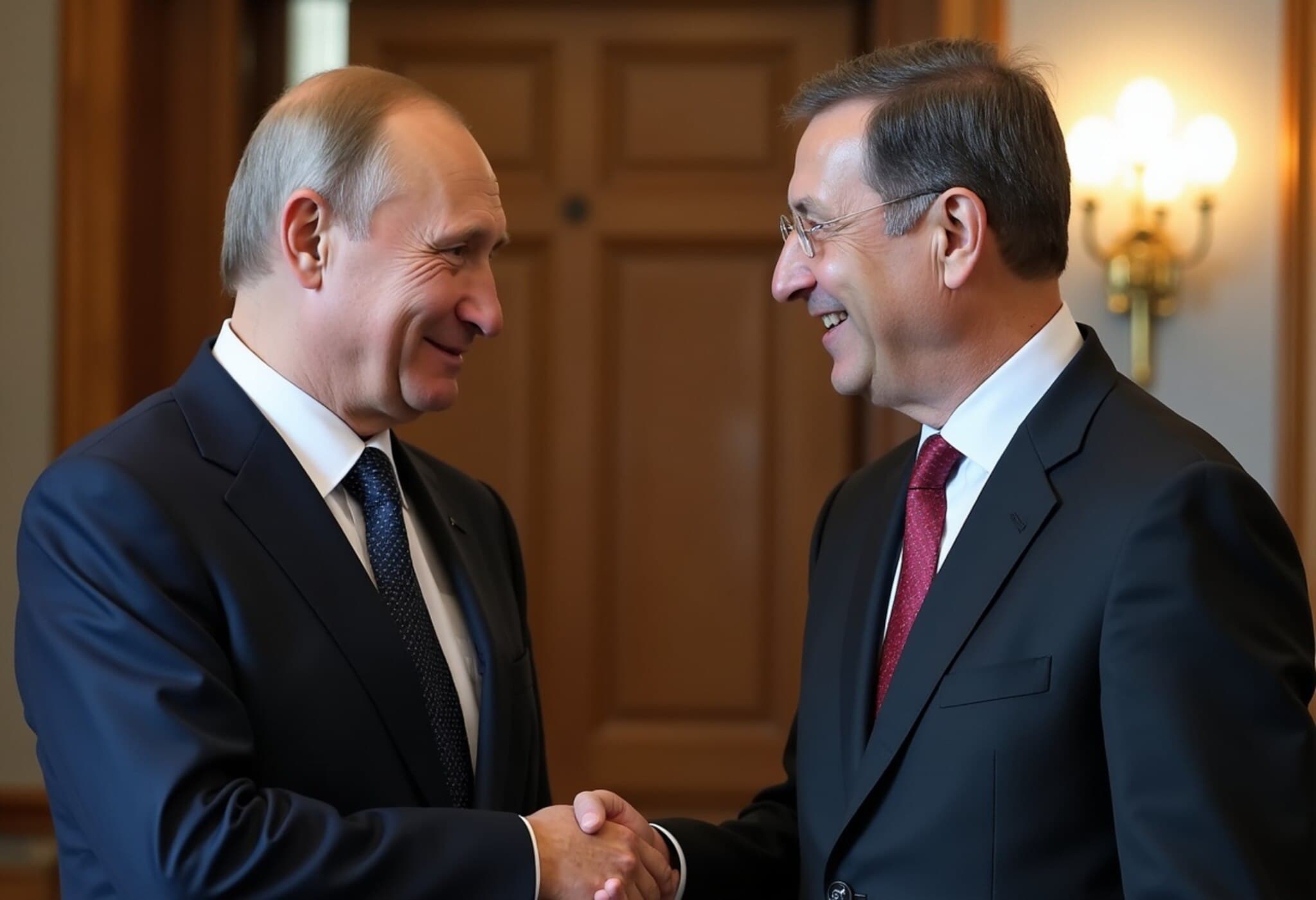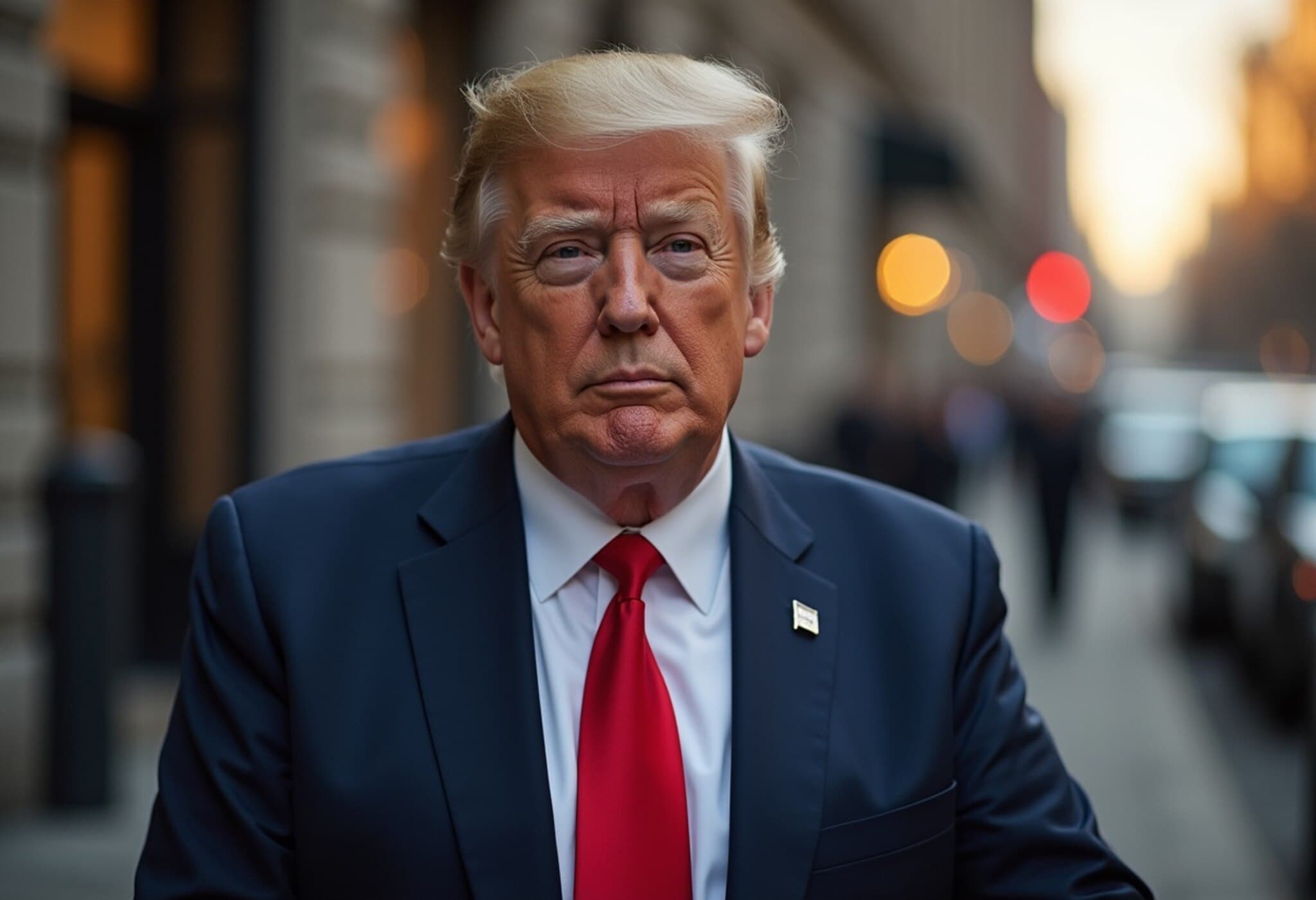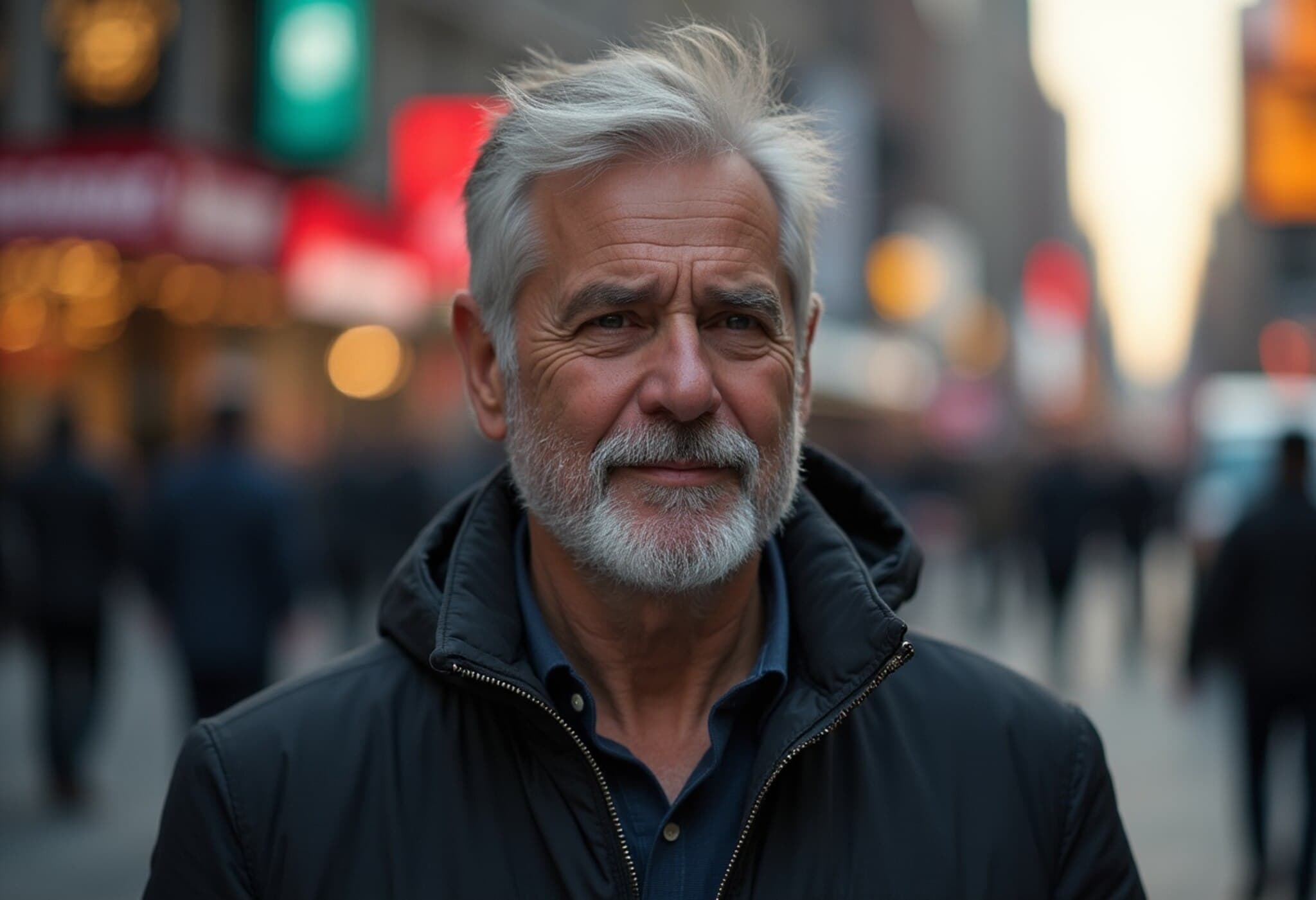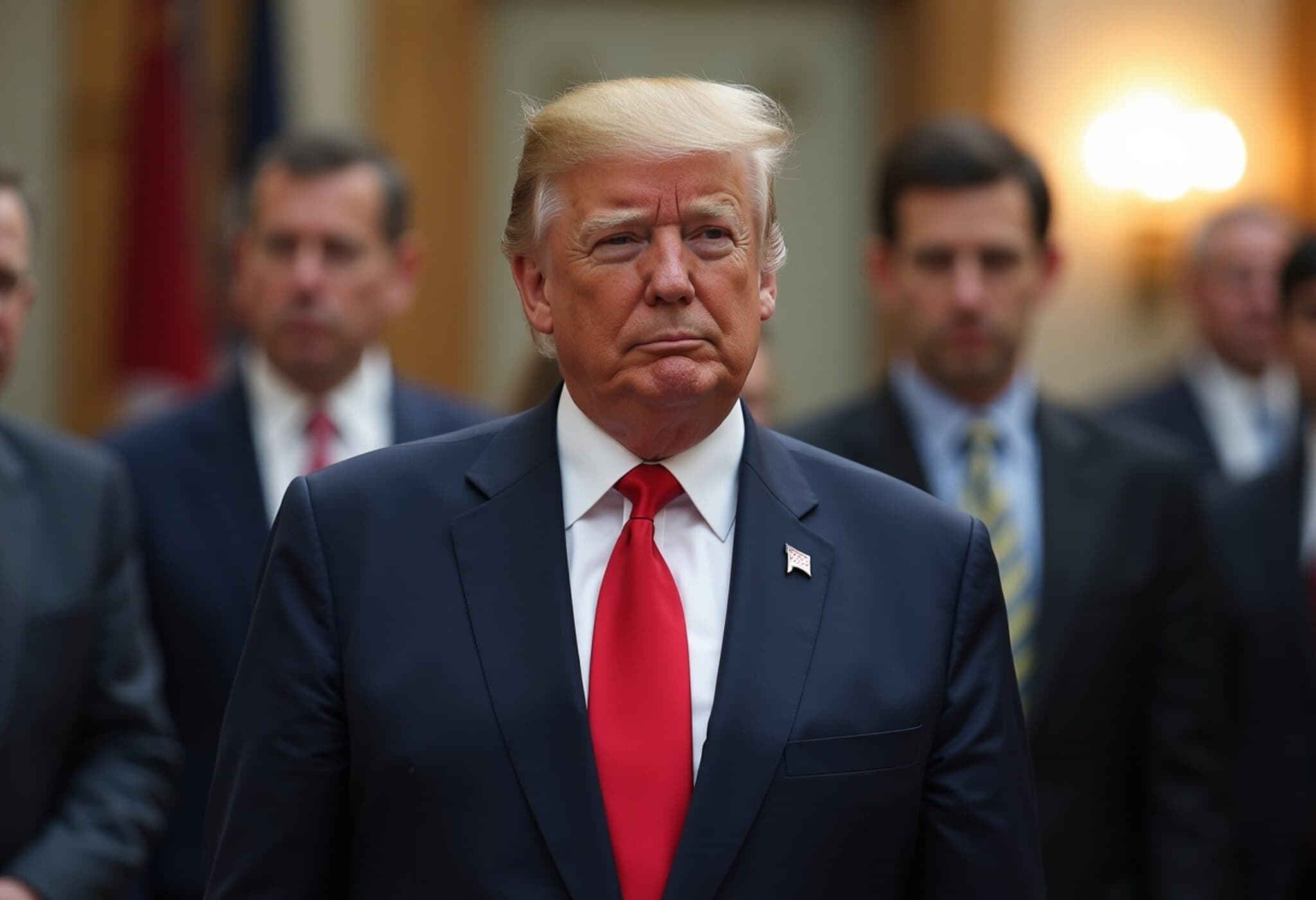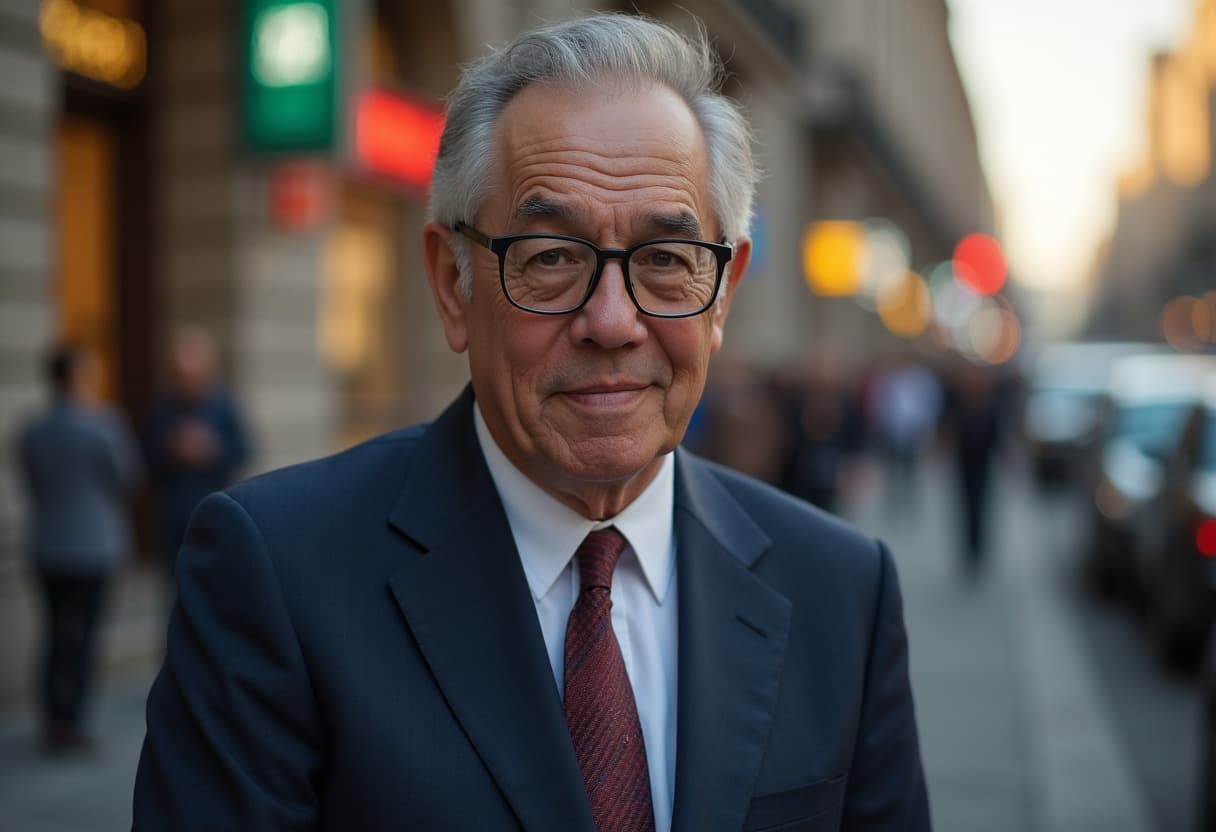A Distant Tribute with Local Political Stakes
Thousands of miles from the United States, in the sprawling metropolis of Lima, Peru, a curious and unexpected memorial has been staged. The event commemorated the late Charlie Kirk, an American conservative activist whose assassination has reverberated far beyond U.S. borders. What makes this tribute unusual is not just its geographic distance but how it has been woven into the local political fabric by Lima’s right-wing mayor Rafael López Aliaga, known colloquially as “Porky.”
From U.S. Conservative Figure to Latin American Political Symbol
Kirk’s death in the U.S. has quickly been co-opted by right-wing leaders beyond America’s boundaries, turning him into a martyr for global conservative movements. For López Aliaga, who harbors ambitions of becoming Peru’s next president, invoking Kirk has become a strategic move amid fraught local politics and economic disputes. This memorial was more than a somber remembrance—it was a calculated political gesture seeking to align López Aliaga’s leadership with a broader international right-wing resurgence engulfing Latin America.
The Event: A Political Rally Masked as a Memorial
The memorial took place in Lima’s Magic Circuit of Water park, a well-known city landmark with synchronized fountains and manicured gardens. Attendees, many from Lima’s economically disadvantaged suburbs, were reportedly bused in by the hundreds, granted free admission, food, and transportation. While some attendees knowingly came to honor Kirk’s memory, many expressed confusion about who Charlie Kirk was—several locals had never heard of him before.
- Attendees’ Motivations: Many believed they were attending a rally to hear López Aliaga, a political figure known for his strong anti-leftist rhetoric.
- Political Showmanship: López Aliaga used this event to amplify his criticism of corruption, left-wing ideologies, and to bolster his standing among Peru’s conservative base.
- Symbolism: Kirk was presented as a martyr fighting ‘the left,’ likened to Christian martyrs whose sacrifices sparked revolutions.
The Role of U.S. Politics and Trump Administration Support
The timing of this memorial coincided with López Aliaga’s pursuit of support from the Trump administration concerning a contentious legal battle over Lima’s toll road contracts. These contracts, tied to decades-old corruption scandals in Brazil’s “Car Wash” operation, have embroiled the city in multimillion-dollar arbitration claims, threatening both its finances and López Aliaga’s political future.
Notably, Trump-appointed Justice Department official Daniel Martin intervened by questioning why Lima was excluded from historic corruption investigations involving these contracts. López Aliaga met with Martin in Washington just before the memorial event, and subsequent media coverage in Peru hailed this as a major political breakthrough.
Underreported Complexities and Local Reactions
While López Aliaga promoted the event as an organic expression of public mourning, investigative accounts revealed that buses ferrying attendees were arranged and funded, raising questions about mobilization tactics and the authenticity of grassroots support.
Locals’ reactions ranged from sincere devotion to bewilderment. Some came for a day out or to hear presidential plans, only to be met with foreign political symbolism unfamiliar to them. Critics across Peru questioned why a foreign figure like Kirk was honored officially while many respected Peruvian figures received no such recognition.
The Risks and Rewards for López Aliaga
Politically, López Aliaga’s embrace of Kirk’s legacy serves as a clear signal of his ideology, aligning him with global right-wing populism represented by figures like Jair Bolsonaro and Nayib Bukele. However, his confrontational approach to the toll road contract and the resulting legal battles carry serious financial risks for Lima’s public coffers and could jeopardize his political ambitions.
Expert Insight: A Globalized Culture of Political Martyrdom
This memorial exemplifies how modern political movements capitalize on narrative and symbolism to mobilize supporters—often transcending national boundaries. According to political analyst Dr. María Fernández, “The Kirk memorial in Lima is a textbook example of a local leader leveraging a foreign political martyr to galvanize a fragmented electorate, channel anti-establishment sentiment, and reinforce ideological identities.”
Moreover, this phenomenon raises questions about the role of international interference and the globalization of political narratives, especially when intertwined with domestic legal and economic disputes. The interplay between U.S. foreign policy and Latin American politics is underscored here, highlighting how ideological alliances can impact governance and justice in sovereign nations.
Conclusion: The Martinization of Charlie Kirk and the Politics of Memory
Charlie Kirk’s assassination has morphed from a tragic U.S. event into a potent political symbol manipulated to serve diverse agendas thousands of miles away. In Lima, it has become an unconventional battleground combining culture, faith, politics, and international intrigue. Whether this strategy will consolidate López Aliaga’s political base or alienate Peruvian voters remains an open question, but it undoubtedly reveals the shifting contours of political symbolism in a globalized age.
Editor’s Note
This unusual memorial invites reflection on how political narratives travel and transform—how an American activist’s story can be repurposed across cultures to fuel ideological battles far from home. It underscores the critical need for media literacy as voters globally navigate increasingly interconnected—and at times manipulated—political landscapes. How should nations regulate political symbolism to prevent exploitation without infringing on democratic expression? And what responsibilities do foreign governments have when their legal and political disputes become intertwined with international politics? These are pressing questions emerging from the Lima memorial.

